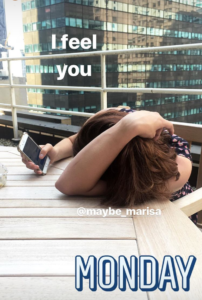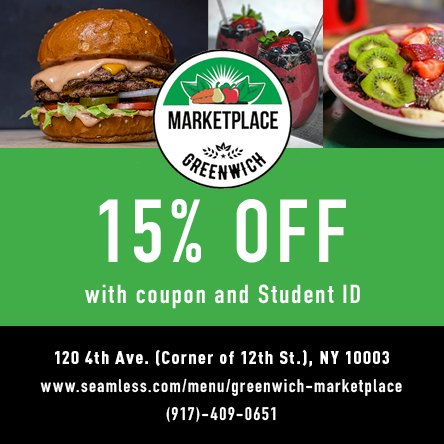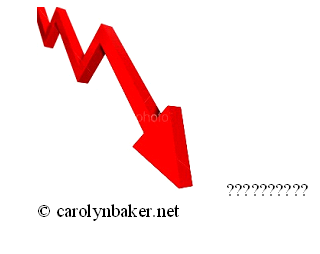During my semester abroad in Madrid my sophomore spring, I tasked myself with finding an internship for the upcoming summer. My internship search took on a sense of urgency because I knew I couldn’t spend the summer in New York City without income. While I loved visiting my family and my hometown, I felt like I belonged in the city, and I yearned to be there. Sending cover letters into the void was discouraging when each unanswered application felt like a step away from the life I was building in the city. I couldn’t stop comparing myself to people in my classes, who had internships at Citibank and Morgan Stanley lined up before we even arrived in Madrid.
What finally got me through was, for the second time, a referral from a friend, who gave my resume to her boss with a glowing recommendation. The company was Richard Attias & Associates, an international political and communications consulting firm specializing in high-end global events.

After two Skype interviews, I was offered the position of Research Intern for the Community Team. Our team focused on event speakers and guests. The events I worked on included the Future Investment Initiative, aka “Davos in the Desert,” a financial and economic conference in Saudi Arabia; the Bloomberg Global Business Forum in New York, the largest gathering of Heads of State outside the United Nations; as well as the Global Cybersecurity Forum, Women in Corporate Leadership, and the Olympism in Action Forum.
On paper, the job sounded glamorous. In reality, it was monotonous. I spent all day, every day trying to find business leaders and government officials’ contact information on the internet so that we could invite them to our events. I would put this information in Excel spreadsheets or Salesforce then send event invitations through Salesforce.
I worked a full 40-hour workweek that summer. For the first time, I felt independent, like a person living in the world rather than a child who relied on her parents for every rent payment and medical bill. Even though I was scraping by each month after paying rent, I still appreciated the independence immensely.
I now knew what it was like to be a young working woman in New York City, taking the subway each morning in sneakers, changing shoes when I got to work, and going to happy hour at 6 pm. I spent the weekday afternoons longing for the weekend. I even found myself looking forward to the start of the fall semester, when my days would have more variety and my mind would be put to use at a level closer to its potential.

At the same time, this more fully-realized, self-reliant person that I felt myself becoming was scary, maybe because I thought that this monotony was all that was waiting at the other end of the tunnel that was college—a job where I would sit all day and look at spreadsheets. What seemed even scarier was that I felt a comfort in the monotony. After the stress of finding this job, I didn’t want to do another internship search. At Richard Attias, I was paid well, my coworkers were nice (we even had a party with Spanish wine for my birthday), and the environment wasn’t stressful. So I stayed for the entirety of my junior year.
I think this feeling, this unease I felt in a traditional corporate environment, is part of what planted in my mind the idea of going abroad again. During my junior year, when I wasn’t working, I began leaning into my creative interests. I enrolled in a photography class. I was still studying for the LSAT—I wasn’t ready to take the full leap into a more artistic and nomadic life. However, I was ready to take small steps toward living a life full of creativity and helping others.
Internship Search Tip:
Don’t be afraid to follow up after an interview. When I hadn’t heard back for two weeks after my first interview at Richard Attias & Associates, I sent an email to the supervisor reiterating my interest in the position and why I would be a good fit for the role. Less than a day later, I was invited for a second interview.
By Marisa Bianco
Marisa graduated from NYU in May 2020, summa cum laude, with degrees in International Relations and Spanish. She grew up in Nebraska, but she is currently living in Córdoba, Spain, where she works as an English teacher. You can find her eating tapas in the Spanish sun while likely stressing about finding her life’s purpose.
For over 20 years, the Campus Clipper has been offering awesome student discounts in NYC, from the East Side to Greenwich Village. Along with inspiration, the company offers students a special coupon booklet and the Official Student Guide, which encourages them to discover new places in the city and save money on food, clothing, and services.
At the Campus Clipper, not only do we help our interns learn new skills, make money, and create wonderful e-books, we give them a platform to teach others. Check our website for more student savings and watch our YouTube video showing off some of New York City’s finest students during the Welcome Week of 2015.







